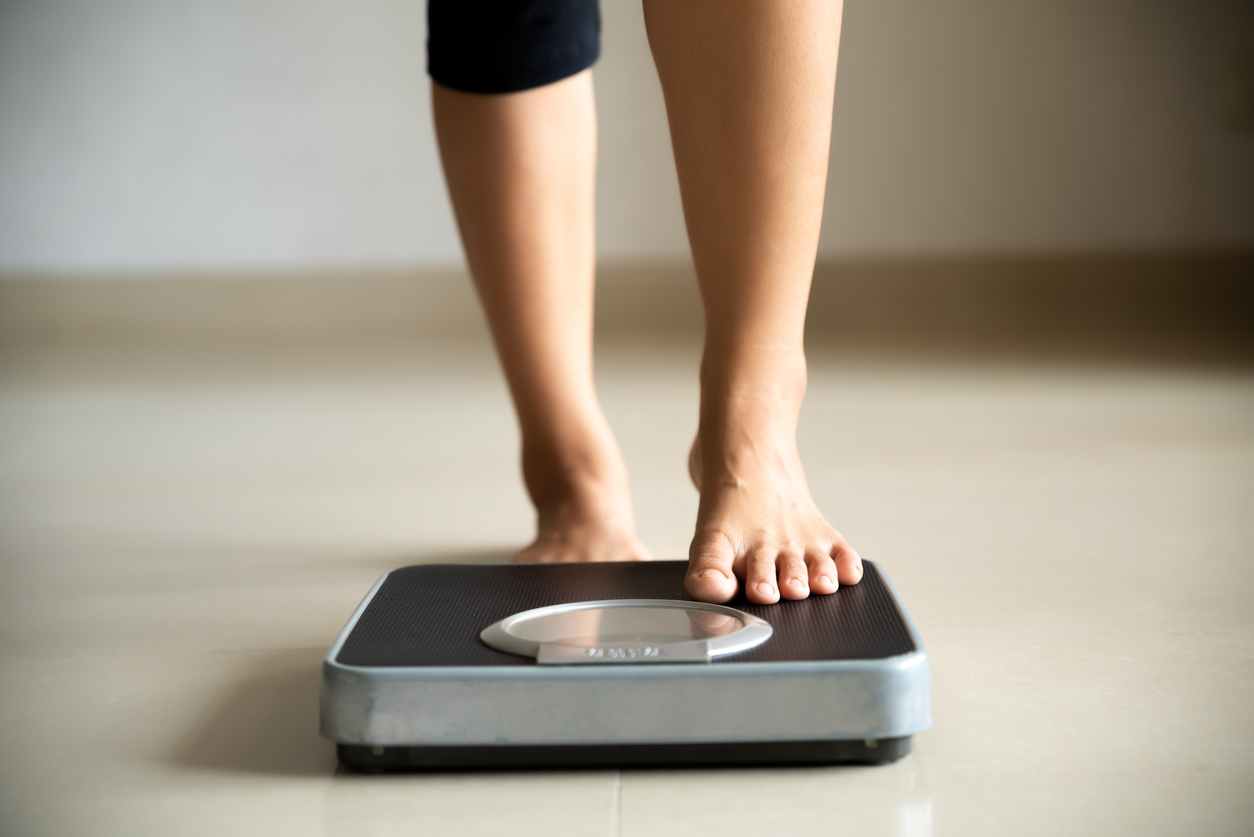by bryan
Share
by bryan
Share
The Mediterranean diet has a long history of helping those living around the Mediterranean Sea to live healthier lives with fewer incidences of major chronic diseases. According to studies conducted by the Mayo Clinic, the Mediterranean diet can reduce the risk of heart disease, overall cardiovascular mortality, incidence of cancer and cancer mortality, and incidences of Parkinson’s and Alzheimer’s diseases.
In the United States, many physicians and nutritionists are now encouraging patients to emulate this Mediterranean lifestyle to bring about changes that could have a significant impact on a person’s health, especially for those who are obese, have Type-2 Diabetes, heart disease, or even problems with infertility.
A Mediterranean diet emphasizes eating primarily plant-based foods, such as fruits and vegetables, whole grains, legumes and nuts. Also, replacing butter with healthy fats such as olive oil and grape seed oil. In addition, it uses herbs and spices instead of salt to flavor foods, limits red meat to no more than a few times a month, and encourages eating fish and poultry at least twice a week.
Along with eating well, the Mediterranean diet means incorporating other healthy mental and physical habits, from sleep patterns to mindfulness, into your life.
5 Mediterranean Lifestyle Tips
Although what you eat is one of the most important components to maintaining the Mediterranean diet, Bryan Abel, herbalist, acupuncturist, co-owner of Thumos Health Centers in the Los Angeles area, and founder of Longevity Herbs – an online retailer of herbal products, wants people to remember that exercise, sleep, proper digestion and emotional balance also play an important role.
Exercise: The best way to build lean muscle and burn fat is to make exercise a part of your daily routine. “Motivate, motivate, motivate,” says Abel. If it helps to find a trainer or join in a group exercise class, then do it, as long as you are up and moving. There is never enough time in a day, so don’t make excuses. Instead, plan into your schedule some physical activity, whether it is before, during or after work.
Sleep: An often-overlooked aspect to health and fitness is sleep. Sleep necessary to balance hormones for weight loss. Recent research on the hormones leptin and ghrelin show that production of both may be influenced by how much or how little people sleep. Ghrelin stimulates appetite and leptin sends a signal to the brain when you are full. So lack of sleep can mean a rise in ghrelin hormones and a decrease in leptin signals, resulting in a lack of satisfaction and eventually overeating.
Digestion: Proper digestion can have a vital effect on the body so Abel recommends making sure you get the proper daily fiber intake. According to the Mayo Clinic, fiber helps your body to promote the movement of materials through your bowels, lower blood cholesterol and glucose levels, and ultimately reduces your risk of heart disease and Diabetes, while encouraging weight loss. The National Academy of Sciences’ Institute of Medicine recommends 38 grams of fiber daily for men under 50 and 25 grams for women under 50. Over the age of 50, men should get 30 grams and women 21 grams. Also, Abel recommends getting enough probiotics, whether through foods, such as yogurt, or through supplements. Probiotics are the healthy bacteria needed in the stomach for digestive balance.
Emotional Balance: Abel is adamant about the power of emotions and how they impact our daily choices. So he says dieters and others trying to eat healthy need to avoid looking to food for comfort during a difficult situation or in fact during any situation that is other than for hunger. Instead, stop and ask yourself why you are eating. “Encourage consciousness and mindful eating,” says Abel.
The Diet
The largest component to this diet is the food you put into your body. It traditionally includes a large amount of vegetables, fruits and whole grains. The average person living in the Mediterranean region eats nine daily servings of antioxidant-rich fruits and vegetables and consumes very little red meat. Meaning, they consume less LDL (low-density lipoprotein) cholesterol – the bad cholesterol that builds up deposits in arteries.
Nuts are another important part of the Mediterranean diet. Although high in fat, it’s not saturated fat. Just make sure to eat nuts in moderation and avoid candied or salted varieties. If you want to use peanut butter, make sure its natural rather than infused with hydrogenated fats. Whole grains are also essential, so look for whole grain rice, pasta and cereal products when choosing carbohydrates. Even bread is ok to have, but avoid using butter (with saturated and hydrogenated, or trans fat oils) and switch to olive oil, which provides monosaturated fat – known to reduce LDL cholesterol levels.
Beyond what you add to your diet, think about what to cut out. Reduce your intake of red meat and substitute it with fish and poultry. Also, get rid of excess salt, sugar and fats. To add flavor to foods, try herbs, spices and low-sodium marinades. Herbs that Abel suggests that make a palatable statement without adding in extra calories and fat include tarragon, basil, rosemary, cilantro, mint, dill, oregano, sage and ginger. Spices to try include paprika, curry, turmeric, fresh and dried garlic. Finally, marinades and dressings can be as easy as using vinegars or fresh squeezed lemons and limes.
And don’t forget the importance of liquids in a diet. Abel recommends seven to nine glasses of water per day. Water is essential for most bio-chemical reactions in the body and brain; regulating temperature; diluting toxins and fat; moving muscles; and lubricating joints. And if you exercise heavily on a daily basis, kick it up to at least 10 glasses of water. Abel recommends even drinking electrolyte-enhanced water or coconut water.
Other liquids you can consider on the Mediterranean diet are two-to-three cups of green or oolong tea, which are rich in antioxidants and are naturally sugar free and have little caffeine. Tea not only tastes refreshing, but it can help stabilize cravings. It’s also ok to indulge in one cup of coffee or black tea per day – skip the cream and sugar. Do try and limit the intake of caffeine because excess can cause unwanted side effects such as anxiety, jitteriness, restlessness and irritability. Also, caffeine inhibits the absorption of essential nutrients such as calcium, thiamine and iron.
Finally, Abel notes that you should enjoy eating. If you eat meals with friends and family you will find that it can be a pleasurable experience even without unnecessary salt, sugar and fats.
Sample Full-Day Meal Plan
For other sample menus following a Mediterranean diet, check out (Bryan, do you know a good source/book or Web site?).
Morning
Protein: Prepare 3 egg whites on medium heat in a non-stick skillet
Vegetable: 3 oz. of asparagus steamed or grilled
Mid-morning
Carbohydrate (complex): 3 oz. of oatmeal
Vegetable: Green shake.
5 oz. baby spinach
2 oz of Kale
1 banana
1 cup frozen or fresh blueberries
1/2 cup coconut water
1 Tbs. ground flaxseeds
Blend until smooth with 8 oz. of water
Protein: 2 oz. whey protein (1 large scoop)
Noon
Protein: 3oz. fish grilled on a non-stick skillet and/or a hard-boiled egg
Carbohydrate (complex): 5-6 oz. of baked yams
Vegetable (fiber): A salad of mixed greens, tomatoes, cucumber, herbs basil and bell peppers
Late Afternoon
Carbohydrate: 4 oz. of fruit or fine bulgur wheat
Vegetable: 2 oz. of tabouli, made from garlic, parsley, mint, scallions and three ripe tomatoes
Evening
Protein: 3 oz. of chicken cooked in a non-stick skillet
Vegetable: 3-4 oz. of steamed asparagus
Late Evening
Vegetables: 3 oz. of eggplant with garlic, fresh rosemary and 2 Tbs. of olive oil for flavor
Protein: pumpkin couscous with cinnamon
Weight is a major health concern for many people. More than two thirds of Americans are overweight. Being overweight is detrimental to your health in many ways, but many find
Stress is ubiquitous in modern life. From buzzing alarm clocks to rushed dinners on the way to evening activities, it can be tough to simply relax and recharge. Fortunately, acupuncture
Infertility issues are heartbreaking, and are all too common. Yet with proper intervention, many couples can achieve their dreams of pregnancy. Both fertility acupuncture and IVF (in vitro fertilization) have
The Problem Our immune systems are designed to protect us from foreign particles. The problem is that they tend to overreact to particular compounds, such as pollen. The surge of


